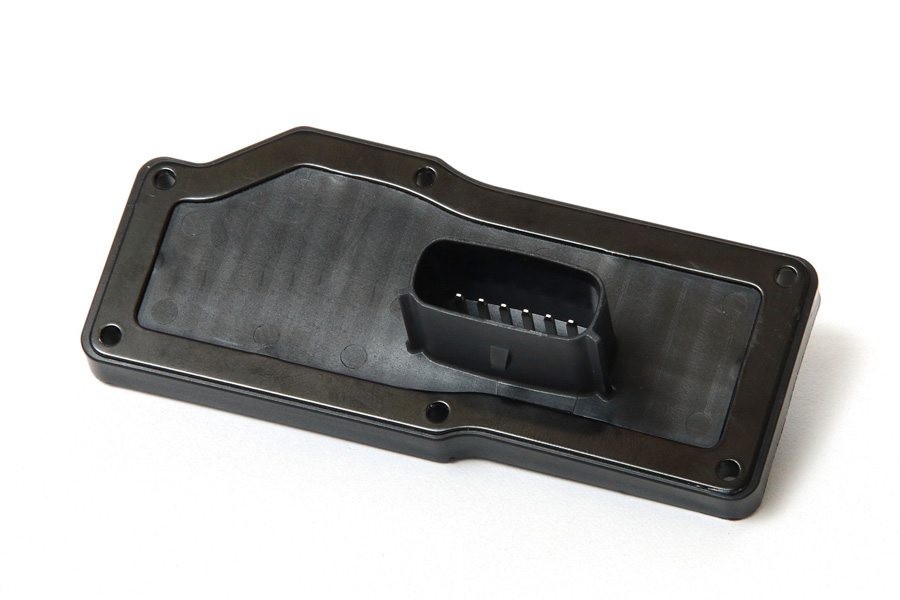
Your blog feed for digital manufacturing resources, in-depth features, and industry news.
From storage containers to kitchenware, many plastic household products are used daily in our homes. However, understanding the safety aspects of these products is crucial for both businesses and consumers. Here’s what you need to know about the safety of plastic household products.
The safety of plastic products largely depends on the type of plastic used in their manufacturing. Common plastics used in household items include:
One of the biggest concerns regarding plastic household products is their safety when in contact with food. It’s important to choose plastics that are designated as food-safe. Plastics like polypropylene (PP) and high-density polyethylene (HDPE) are safe for food storage, while products containing BPA should be avoided for food-related use.
Many manufacturers now offer BPA-free alternatives, especially for products like baby bottles and food containers. These BPA-free plastics are tested to ensure that no harmful chemicals leach into food or beverages.
Plastic products used in households can sometimes be exposed to high heat, whether in the microwave, dishwasher, or during cooking. This raises questions about whether harmful chemicals might be released under such conditions.
Another aspect of plastic safety is its environmental impact. While plastics are durable and versatile, improper disposal and recycling can pose risks to both human health and the environment. Many plastic household products are now made from recyclable materials, and businesses are increasingly adopting sustainable practices.
By choosing products made from recyclable plastics, consumers can help reduce the environmental footprint. Additionally, businesses that focus on providing eco-friendly options help create a safer, more sustainable environment for future generations.
Plastic products, especially those intended for food or personal use, are subject to strict safety regulations and testing. Regulatory bodies such as the Food and Drug Administration (FDA) in the United States or the European Food Safety Authority (EFSA) ensure that plastics used in food storage and kitchenware meet safety standards. Manufacturers are required to test their products for potential toxicity and harmful chemical leaching, ensuring that plastic household items are safe for use.
When choosing plastic products for your home or business, consider the following tips to ensure safety:
Plastic household products are generally safe when made from the right materials and used according to manufacturer guidelines. As long as you choose BPA-free, food-safe, and heat-resistant plastics for your household items, you can enjoy their convenience and durability without worrying about safety risks. By staying informed about the types of plastics used in these products and making mindful choices, you can create a safe and sustainable living environment for your family and customers.
Your blog feed for digital manufacturing resources, in-depth features, and industry news.
31 Southlands Road
POLESWORTH
B78 0FL
We will reply to you in 20 minutes.
Our team is online, can be helpful for you.
Our team is online, can be helpful for you.
Didn’t find what you want? Ask our leader for help directly!